Iberian blackout brings back simple joys, Puig defies industry odds, Canada’s Hot Docs festival and the future of sustainable textiles.
|
Wednesday 30/4/25
|

|
|
London
Paris
Zürich
Milan
Bangkok
Tokyo
Toronto
|
|
|
|

Good morning from Midori House. For more news and views, tune in to Monocle Radio. Here’s what’s coming up in today’s Monocle Minute:
THE OPINION: The next 100 days of Trump
SOCIETY: Iberian blackout brings back simple joys
FASHION: Spain’s Puig outperforms growth forecasts
FILM: North America’s largest film festival, Hot Docs
Q&A: Helena Helmersson from Circulose
|
|
Cycle of disbelief and déjà vu to continue in Trump’s next 100 days
By David Kaufman
|

|
It’s still mostly the best of times for Donald Trump as his second administration reaches the 100-day mark. Since returning to the White House on 20 January, the president has mostly delivered on the slash-and-burn agenda that he laid out on the campaign trail. The US’s southern border has been closed, contentious DEI and “gender ideology” policies are being dismantled and billions – if not trillions – of dollars in governmental waste is slated to be accounted for. So what happens next? Most likely it’ll be more of the same, albeit with even more intention, precision and bombast.

Under Trump’s thumb: The next 100 days promise more of the same
Hundreds of thousands of protestors formed a viable and vocal resistance at the end of Trump’s first term. This time around, despite a late-hour protest surge this month, that resistance has been largely silent. Even amid the upheaval of Trump’s tariffs and sliding approval numbers, his mandate remains rock solid. This means more pressure on Ukrainian president Volodymyr Zelensky to concede territory and a more direct attitude towards Israel’s neighbours and enemies, even if we may yet see a new nuclear deal between the US and Iran, and a framework that would bring Saudi Arabia into the Abraham Accords with Israel. The Gaza crisis, meanwhile, will not be settled by midsummer. But Gazans themselves might be resettled in meaningful numbers if Trump enacts his plan to transfer Palestinians – at least those who desire to leave – out of the embattled enclave.
Back in the US, Trump’s mass deportation strategy – though at times craven if not cruel – has managed to skirt the limits of legality and is likely to continue and probably widen its net. Just this week the president issued yet another immigration-related executive order, this time targeting the so-called “sanctuary cities” that have attempted to resist federal efforts to arrest undocumented migrants. Such increasingly punitive actions are almost certain to continue and intensify. Again, it’s all about an undeterred sense of mandate. One thing that is assured to continue unabated for the next 100 days and beyond is the murky business deals between the Trump family and the private sector. Perhaps the great symbol of all this is Trump’s crypto operation, World Liberty Financial, which has secured more than $550m in sales since the election season. Like Donald Trump himself, no one appears able – or perhaps willing – to slow it down.
Kaufman is an editor and columnist at ‘The New York Post’. For more opinion, analysis and insight, subscribe to Monocle today.
|
|
society: portugal & spain
Iberia unplugged: major blackout brings back simple joys
When the power went out across mainland Portugal and Spain this week, something quite magical happened (writes Carlota Rebelo). With screens dark, inboxes inaccessible and transit brought to a halt, life quietly spilled back onto the streets. From across Portugal, I heard stories of ice-cream vendors handing out free scoops to delighted passers-by, restaurants putting their barbecues outside on the cobblestones and children reclaiming the roadsides for games of football. Portuguese media outlets showed images of neighbours gathering on balconies around battery-powered radios, people playing cards aboard stranded trams and parks filled with blankets topped with friends clinking glasses.
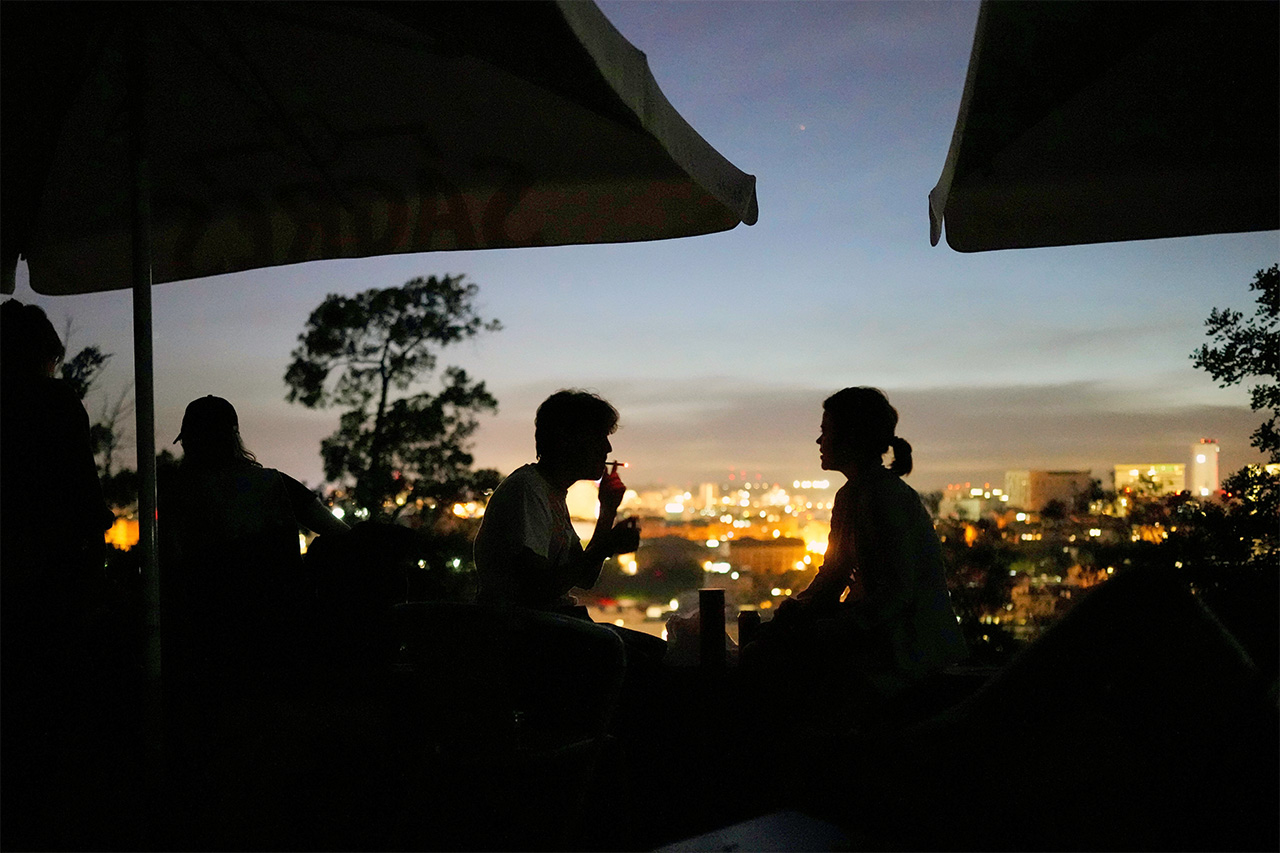
Dancing in the dark: Major outage brings communities together
While the power has since returned, this blackout became a candlelit masterclass in coming together. It showed that when deprived of digital distractions, people could more easily gather, chat and laugh – a kind of buzz that felt as rare as it did analogue. Over the coming days and weeks, the infrastructural fragilities this event exposed will be investigated. But for now, it’s worth pausing to savour what emerged when things went dark: community, spontaneity and the quiet joy of simply being together – a reminder that connection doesn’t always require wi-fi.
|
|
EUROSTAR  MONOCLE MONOCLE
|
|
fashion: Spain
Puig outperforms growth forecasts, with fragrance driving the charge
Spanish beauty-and-fashion group Puig has reported a sales increase of 7.5 per cent in the first quarter of 2025, with revenues reaching €1.2bn (writes Natalie Theodosi). Its continued strength mirrors the boom in the fragrance industry, which is taking place across both prestige and niche categories. In a statement, the group name-checked the success of fragrances by Carolina Herrera, Jean-Paul Gaultier and Byredo. Skincare and fashion categories are also proving resilient, with makeup being the only outlier.
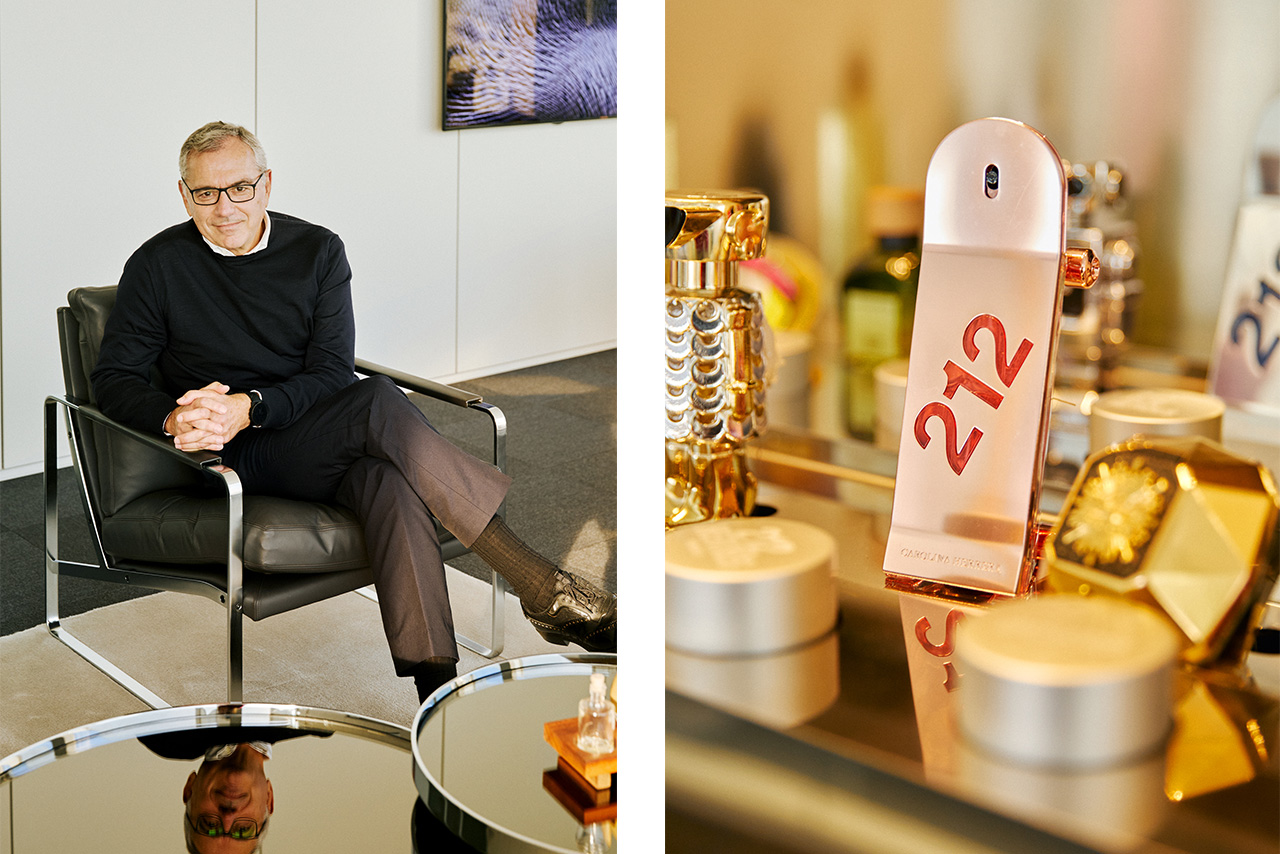
Ahead of the game: CEO Marc Puig (on left) and Puig fragrances
“We’re continuing to stay ahead of the premium beauty market,” says CEO Marc Puig. “We’re pleased to see growth across all regions, with the Americas outperforming [other locations].” Puig remains one of the few luxury groups that’s maintaining its growth outlook for the rest of the year, while still accounting for US tariffs and regional price increases.
|
|
film: toronto
North America’s largest documentary-film festival tackles everything from propaganda to Puccini
When Russia launched its full-scale invasion of Ukraine in 2022, one primary school teacher in the town of Karabash initiated his own, quiet counter-offensive (writes Tomos Lewis). Pavel Talankin, known as Pasha, rebelled against the Kremlin’s imposition of a school curriculum that propagandised the country’s motives for war. His efforts are chronicled in a new offbeat documentary, Mr Nobody Against Putin, which Talankin co-directed with US filmmaker David Borenstein.
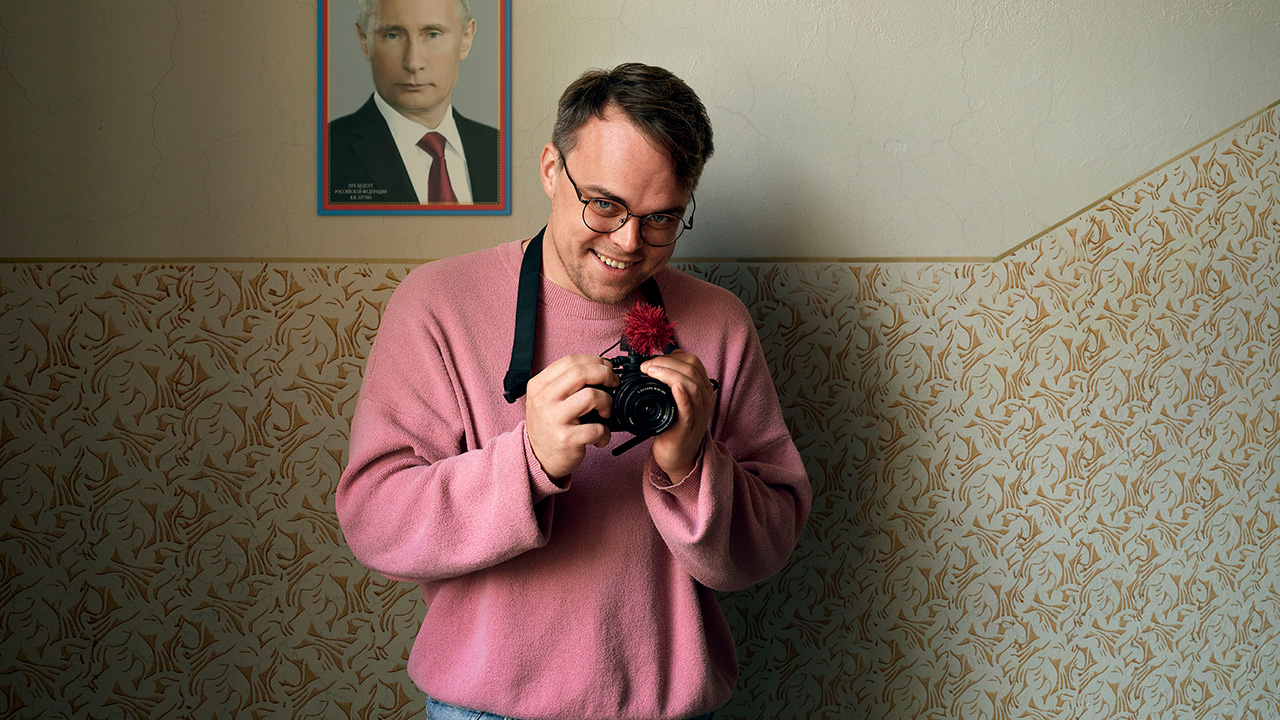
In the frame: Still from Mr Nobody Against Putin
The documentary is one of 113 screening at Hot Docs festival in Toronto, which runs until 4 May. The event has long been a premier showcase for international, non-fiction films. This year’s edition features documentaries from 47 countries, including Ai Weiwei’s Turandot, which chronicles the Chinese artist’s production of Puccini’s famous opera, and Spreadsheet Champions, an irreverent look at the world’s elite Excel users as they compete at the 2023 Microsoft Office Specialist World Championship in Florida. It’s better than it sounds – director Kristina Kraskov might just have found a winning formula.
|
|
Q&A: Helena Helmersson
The chair of Circulose on the future of sustainable textiles
After textile-to-textile recycling firm Renewcell went bankrupt last year, Stockholm-based private equity company Altor stepped in, acquiring the remaining assets and appointing former H&M CEO Helena Helmersson as chair. Her aim is to revive the venture under the name of its flagship product, Circulose.
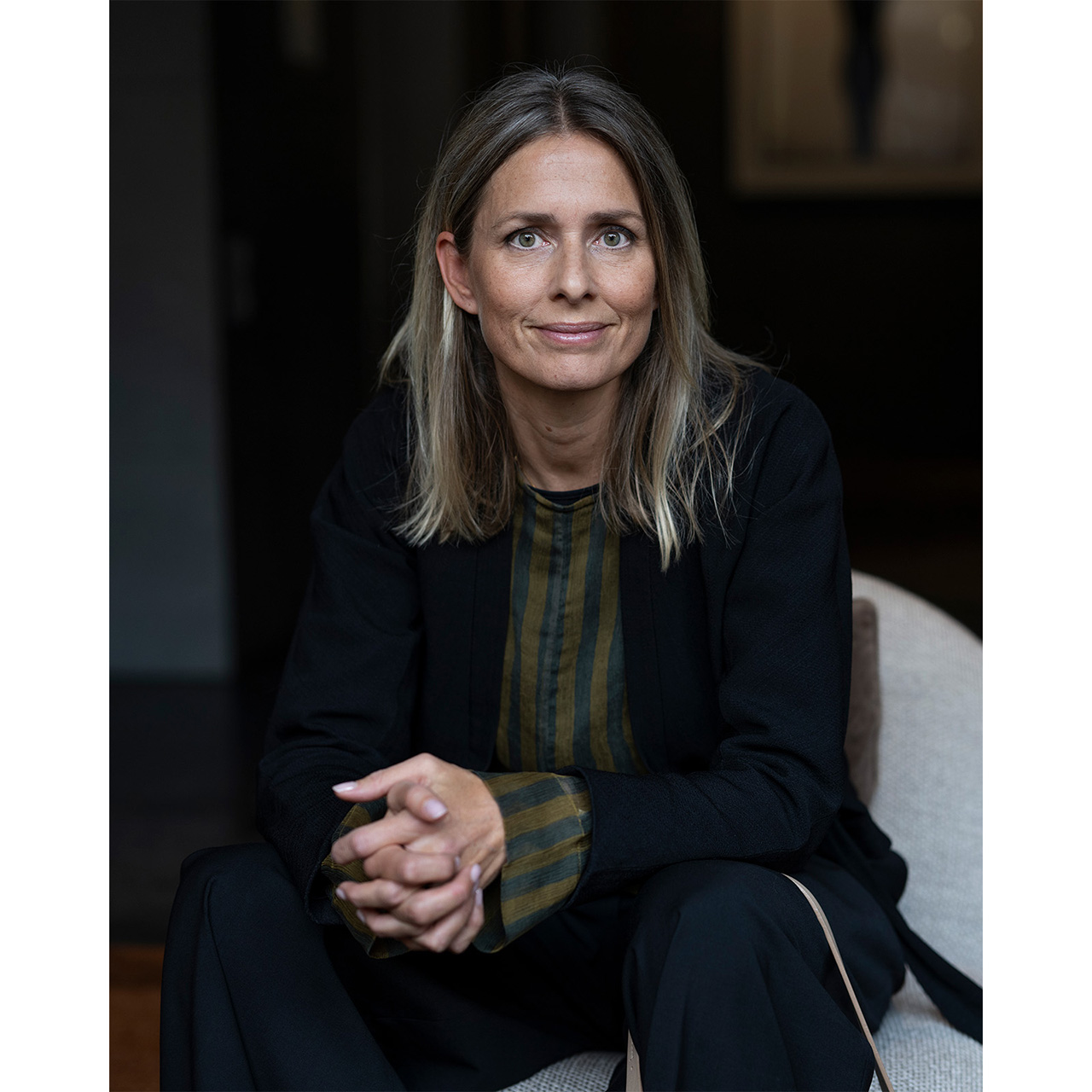
What is Circulose?
It’s a cellulosic pulp made from cotton-rich textiles. We shred them, remove dyes and eliminate contaminants such as polyester. What remains is cellulose, a biodegradable polymer that we dry into sheets and supply to fibre producers, who use it as a sustainable alternative to virgin wood pulp and cotton. It’s the first and only chemical textile-to-textile recycling at scale and we have both the technology and an established factory.
You were at H&M, an investor in Renewcell, before the recycling firm’s collapse. What will you do differently?
We’re focusing on making the product more accessible. For many brands, integrating a pulp such as Circulose into supply chains while maintaining competitive pricing isn’t easy. Our goal is to remove these barriers and create a seamless transition.
Why is the process complex?
The textile supply chain involves fibre producers, spinners, weavers and garment manufacturers. While larger brands might have a clear view of their supply chains, understanding and tracking every stage remains difficult for smaller ones. We aim to reopen the factory next year but only once we’re confident that demand is stable.
circulo.se
|
|
Monocle Radio: Monocle on DESIGN
‘Morris Mania’
The William Morris Gallery celebrates the versatility and popularity of the designer’s patterns in its latest exhibition.
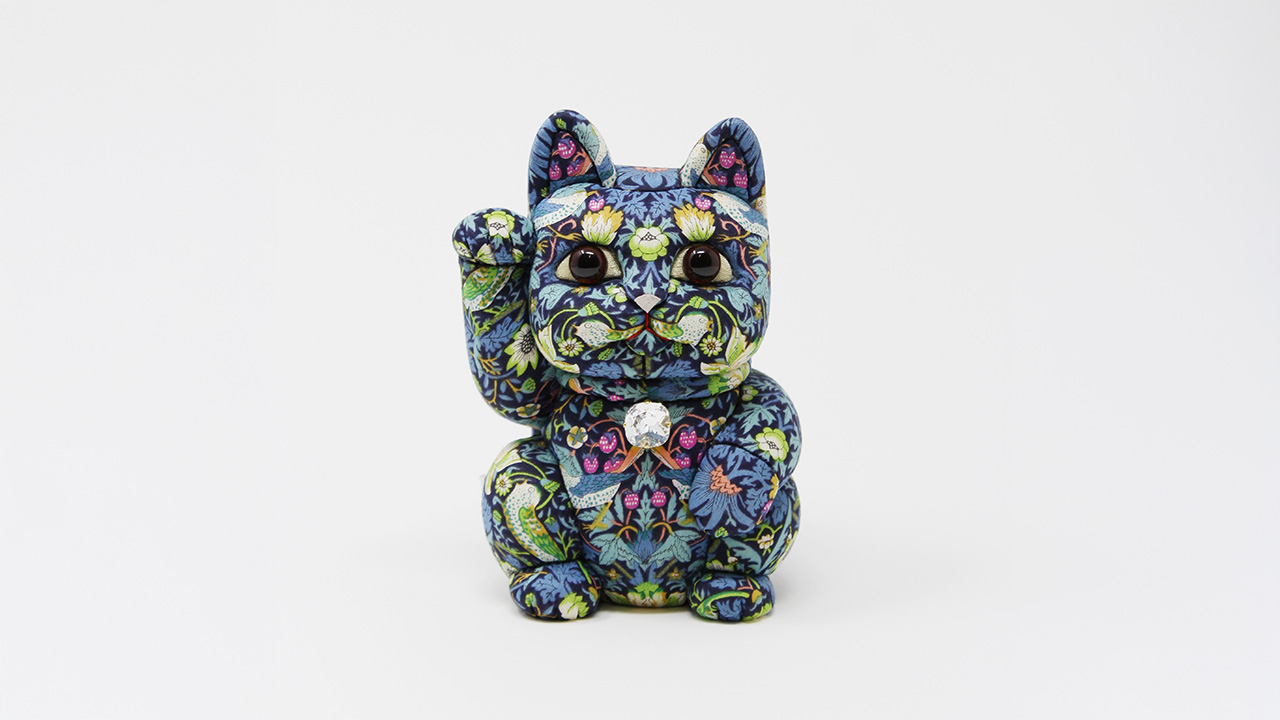
|
|
Newsletter:
Join us
Welcome to our world
| | |